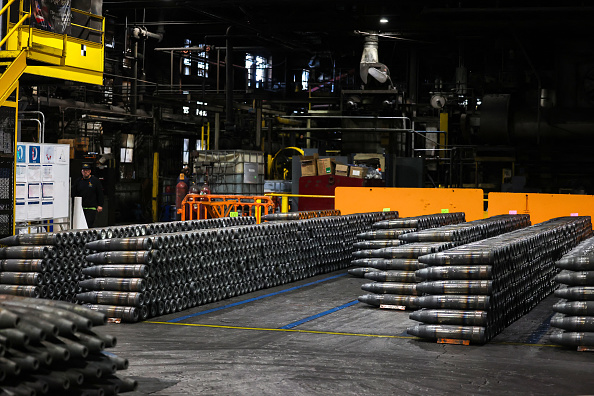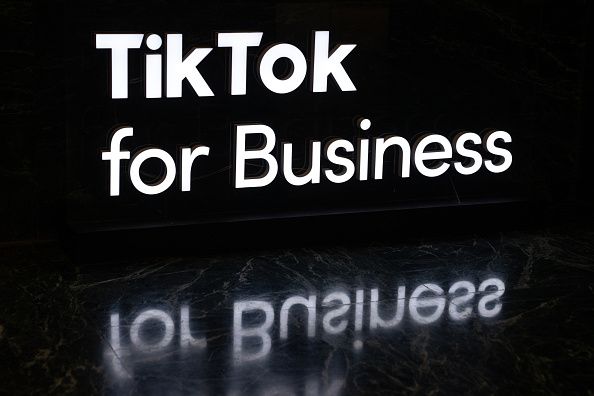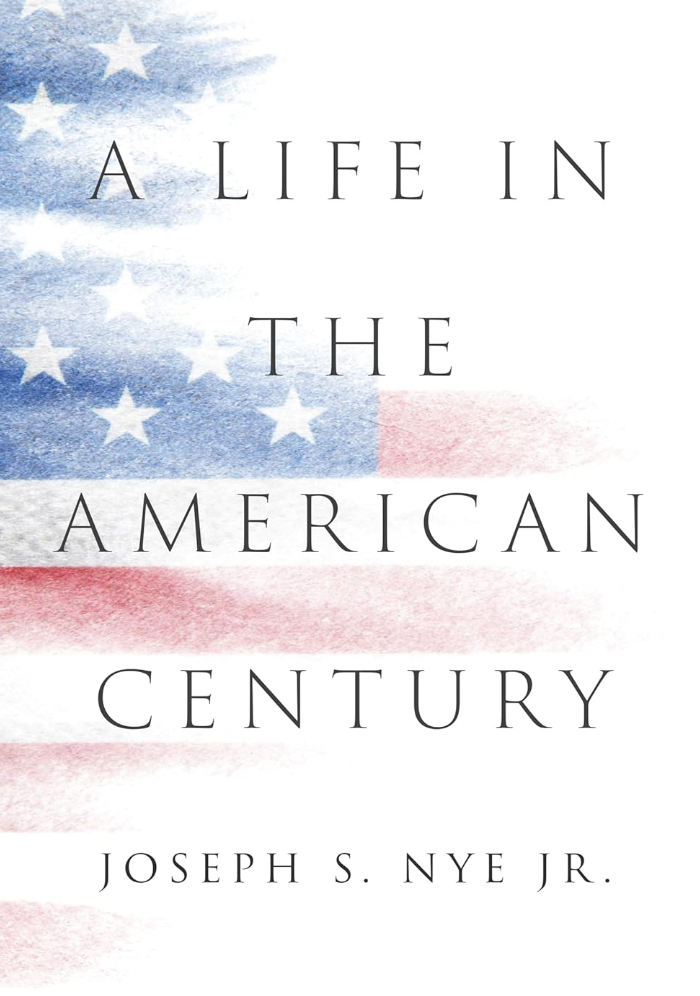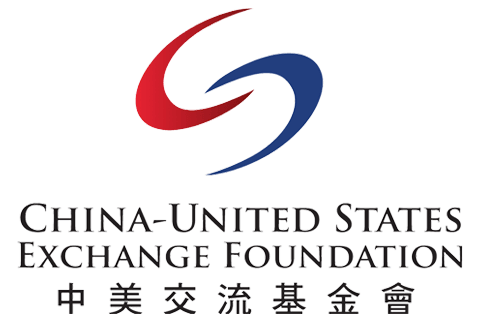
Dear Focus Reader,
Chinese leader Xi Jinping concluded his five-day Europe tour this week, where he met with officials in France, Serbia, and Hungary. Analysts believe the tour largely offered Beijing an opportunity to assess its standing in Europe as well as solidify existing alliances and promote its vision of a multipolar world.
In Paris, Xi met with French President Emmanuel Macron and EU President Ursula von der Leyen, where the EU leaders urged Xi to address the ongoing imbalance in trade, emphasizing the need for fair market access and the resolution of ongoing trade disputes. Macron also insisted Xi use China's influence in resolving conflicts, such as the war in Ukraine. While both sides agreed on the importance of dialogue in addressing economic frictions, uncertainties remain about the future trajectory of Sino-European relations.
In contrast to Xi's stop in France, his visits to EU candidate country Serbia and EU member state Hungary were marked by pledges to deepen political ties and expand investments in eastern and central Europe.
Serbia and China committed to strengthening their comprehensive strategic partnership and vowed to "build a community with a shared future," a concept first introduced by Xi a decade ago that underscores a vision of international relations based on mutual respect, common security, and peaceful development, often viewed as a challenge to the U.S.-led global order. The leaders plan to deepen economic cooperation, focusing on traditional sectors like transportation and energy infrastructure, while also expanding into innovative collaborations.
While in Hungary, Xi pledged more investments in transport and energy, including the construction of a high-speed railway connecting the capital city center to its airport and cooperation in the nuclear sector. Xi also promised to move forward on a $2.1B project to connect the Hungarian capital with the Serbian capital.
Some analysts believe this all represents Xi's keenness to reintroduce what was viewed as the Cold War-era "Second World" as a geostrategic player, and that with China's support, the periphery of the EU can become more significant economic players, boasting accelerated growth and delivering high-tech supply chains.
Learn more on foreign policy by staying up to date on our Focus content, including topics on the impacts of the China-U.S. tech rivalry, China-India relations, weapons production.
"Data alone cannot generate wealth. You need data technology to collect the data. Then it must be processed…and technology is needed to monetize the data… Consumption then enlarges the data resources again. That's why the digital economy grows exponentially faster. If China cannot make this cycle successful, it cannot compete with the U.S. in the coming economic competition."
The percentage of the EU's rare earths, crucial for semiconductors and green energy, that are refined in China.
Learn more in "Geopolitics over Climate: EU Approves Critical Raw Materials Act amid China Dependency Concerns," by Sebastian Contin Trillo-Figueroa, a Geopolitics Analyst in EU-Asia Relations and AsiaGlobal Fellow, The University of Hong Kong.
Cross the Harbour | Hong Kong Story
Watch VideoIn our Focus Insights section, we shared an article by Cui Lei, Research Fellow at the China Institute of International Studies, discussing the rising trend of weapon co-production between the United States and its allies and partners, and its implications for global security and regional stability.
We want to hear from you:
From your perspective, does joint production of weapons between the United States and its allies and partners contribute positively to global security, or does it potentially increase instability?
Submit your thoughts to USeditor@chinausfocus.com for a chance to be featured in next week's Focus This Week.
useditor@chinausfocus.com for more info.
Prepared by China-US Focus editorial teams in Hong Kong and New York, this weekly newsletter offers you snap shots of latest trends and developments emerging from China and the U.S. every week. It is a community space to exchange thoughts and ideas about the China-U.S. relationship and beyond.
- 2024-05-03 Focus This Week: Xi's Heading to Europe
- 2024-04-26 Focus This Week: Advancing Relations
- 2024-04-19 Focus This Week: Collective Concerns
- 2024-04-12 Focus This Week: Regional Coordination
- 2024-04-05 Focus This Week: Diplomatic Engagement
- 2024-03-29 Focus This Week: Economic Goals
- 2024-03-22 Focus This Week: Promoting Exchange
- 2024-03-15 Focus This Week: TikTok's Time Ticks
- 2024-03-08 Focus This Week: Setting Targets
- 2024-03-01 Focus This Week: Policy Preparations
- 2024-02-23 Focus This Week: Seeking Momentum
- 2024-02-16 Focus This Week: Global Security
- 2024-02-09 Focus This Week: Economic Hits
- 2024-02-02 Focus This Week: Working Groups
- 2024-01-26 Focus This Week: Laying the Groundwork
- 2024-01-19 Focus This Week: A Charm Offensive
- 2024-01-12 Focus This Week: Global Impacts
- 2024-01-05 Focus This Week: New Prospects
- 2023-12-21 Focus This Week: Ending on a High Note
- 2023-12-15 Focus This Week: Economic Review





